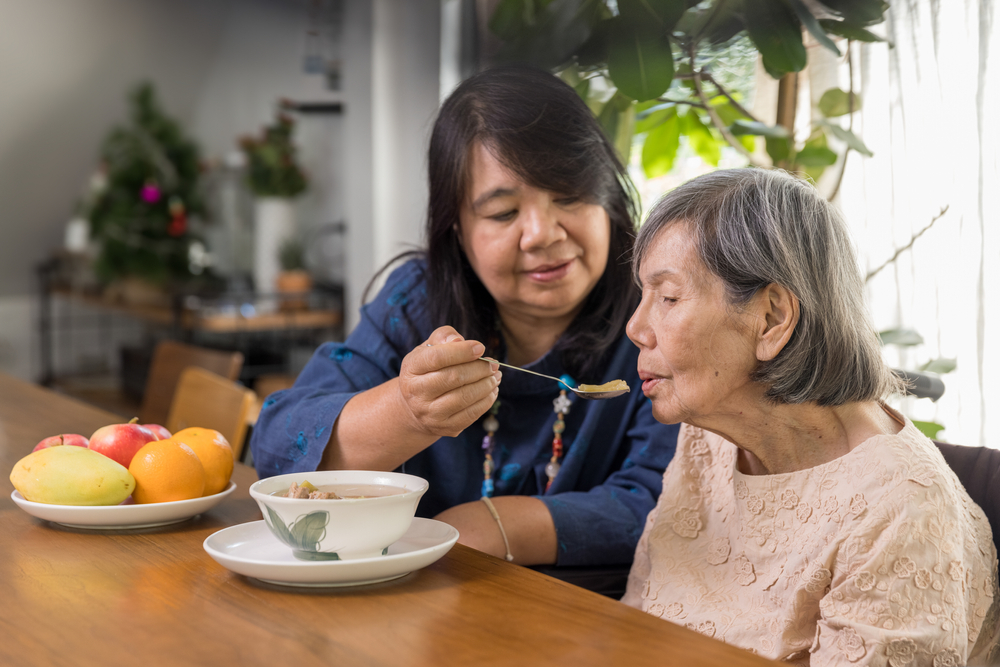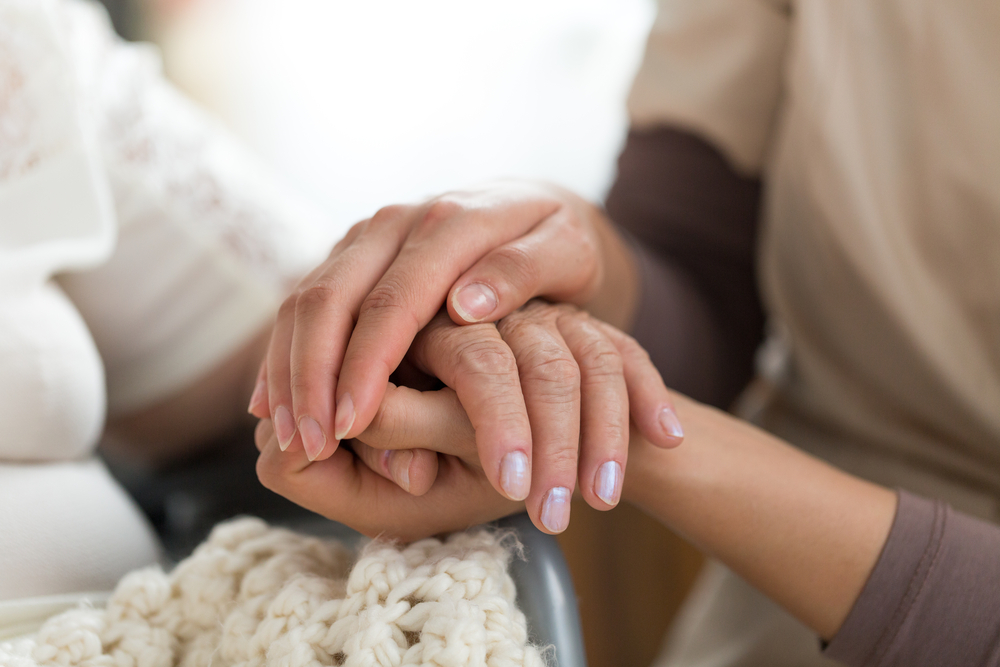 September 18, 2023
September 18, 2023
Aging is a part of life, and often, children are left responsible for caring for their aging parents or loved ones. Caregiving adds a layer of frustration and stress to any relationship. The key to keeping your relationship loving and happy is to know when you need a helping hand.
Deciding to hire a caregiver isn’t a decision one goes into lightly. So, when is the best time to take that leap?
Signs Your Loved One Needs Help
Ideally, we all want to remain independent until the day we die, but for most individuals, that isn’t possible. There comes a point when we have to look at our aging loved ones and determine whether or not they are functioning well on their own.
Physical Care Diminishes
This means determining if they are performing their personal hygiene routine properly. It could be a sign that they are depressed, but it could also be a sign that your senior can no longer independently perform their daily care. It’s essential to monitor this behavior to ensure the need for assistance is there and that their lack of hygiene isn’t just a temporary issue.
Missed Medication
It’s well known that seniors may make some kind of medication error at one time or another. Thus, it should be monitored, because if your senior starts making errors with their medication, it could create a problem with their overall health. A missed dose or taking the incorrect amount of medication indicates your loved one needs to be monitored more closely or needs hands-on care for medication management.
Unpaid Bills or Spoiled Food In the Home
When you visit your loved one, notice whether or not they have many unpaid/unopened bills or a considerable amount of spoiled food in their refrigerator and cupboards. Seeing these indicates that your loved one might be unable to manage their life independently. It could mean they struggle to remember things or lack motivation due to depression to keep on top of things.
Issues with Balance and Falling
One challenge your loved one deals with as they age is balance, putting them in danger of falling. If their home isn’t equipped with the proper safety measures, they may be unable to continue living independently. Awareness of their abilities and whether mobility has started to decline is essential.
Increased Signs of Depression and Loneliness
As humans, we aren’t meant to live alone and devoid of other humans to interact with socially. As our loved ones age, they often become lonely due to decreased mobility and other health issues preventing them from safely venturing out of their home for social events. This can lead to depression, which interferes with their ability to care for themselves.
So What Does This Mean?
Recognizing that your loved one needs help is only the first step. There are many other steps to consider along the way. One of the more important ones is regarding who will assist with your loved one’s care once they can no longer do it for themselves.
While some families can shoulder the responsibility of caring for their loved ones, there is a higher chance of burnout. Being aware of what you can and cannot handle is very important for you and your loved one. All too often, loved ones think that taking on the care of their senior is the only option, and it creates issues within their own lives and the relationship they have with the family member under their care.
If the family can’t handle the emotional and time considerations of caring for aging loved ones, looking into in-home caregivers is probably an ideal option.
Benefits of Selecting an In-Home Care Provider

The beauty of choosing a caregiver to come into your loved one’s home is that it can be for as much or as little time as your family needs. Recognizing that your loved one needs a helping hand doesn’t mean they have to give up their independence entirely.
Most in-home caregivers are trained to encourage your loved one’s independence and maintain their physical abilities as long as their health cooperates. Putting your trust in caregivers with medical training and the emotional capacity to separate family from duty will give your loved one a better home care experience.
Of course, we know that choosing a caregiver comes at a financial cost to the family, no matter how tremendous the emotional payoff can be. Most care agencies, such as Accessible Home Health Care, will work with families to determine exactly how much care their loved one needs and whether or not that is within their budget.
The Accessible Difference
Deciding to select an in-home care agency isn’t one that you go into lightly, and having a team that understands that makes all the difference. At Accessible, we have a caregiver match program that ensures whomever your loved one receives care from will be a good fit for the whole family. We also provide various services to ensure that all your needs are met, from respite and companion care to memory loss and long term care.
Contact Accessible today to discuss how our caregivers can help your family.



